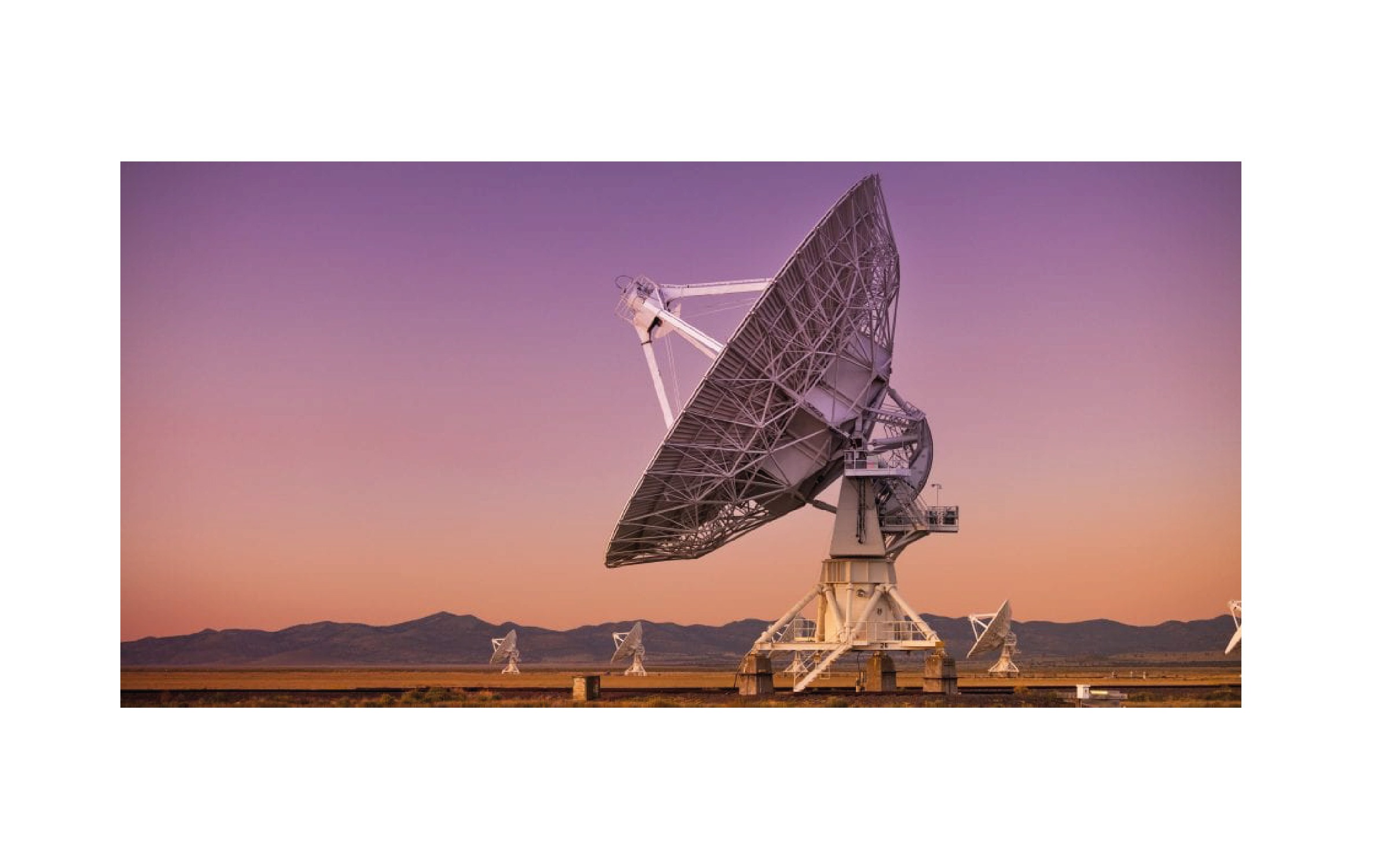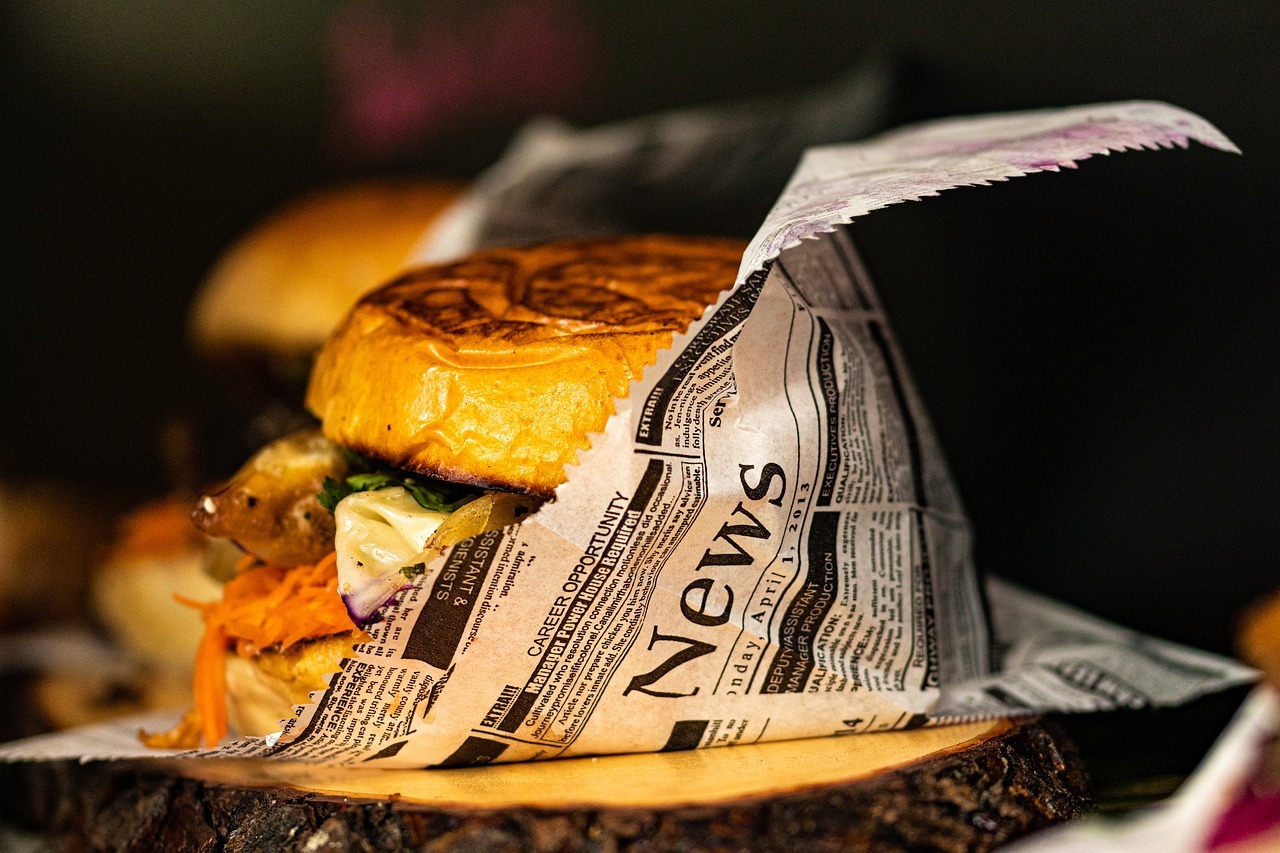A shift in consumer behaviour, coupled with increased exposure to global food trends and availability of international alcohol brands, is making for an exciting pub scene in India. However, alcohol continues to be a heavily regulated item, and this includes both selling as well as commercially serving alcohol to customers. In this article we look at the broad steps that should be followed to set up a pub in India.
Set up a business entity: Since opening a pub requires a substantial number of licenses and approvals, it is advisable to set up the business under an incorporated entity. This way when the time come, it is easier to transfer the approvals and licenses by transferring the entire entity to the purchaser. The incorporated entity can be in the form of a limited liability company, or a limited liability partnership (‘LLP’). However, since obtaining the liquor license can be fraught with uncertainties, it is advisable to set up the business as an incorporated entity that is easy to wind up in case the license does not come through despite repeated attempts. Businesses may consider a LLP format since it easier to wind up than a company.
Licenses: To open a pub, one would typically require the following licenses and registrations: (i) FSSAI License, (ii) Liquor License, (iii) Health/ Trade License, (iv) Eating House License, (v) Shops & Establishment Registration, (vi) Fire Safety License, (vii) Music License (Public Performance license), (viii) Certificate of Environmental Clearance. These licenses and approvals may vary from state to state.
The FSSAI license is obtained from the Foods safety and Standards Authority of India. The Health/Trade licenses can be obtained from the relevant municipal corporation. The Eating House License can be obtained from State Police Licensing Unit. The Fire NoC should be obtained from the fire department. The Music License (Public Performance license) is to be obtained from the Phonographic Performance Limited or The Indian Performing Right Societies, and is meant for pre-recorded music being played at the bar/pub premises.
The Liquor License is perhaps the most difficult license to obtain. Depending on the type of establishment and sales/ revenue split either, a (i) Restaurant Liquor License, or (ii) Tavern liquor License, or (iii) Brewpub Liquor License, or (iii) Beer and Wine License, may be obtained. A Restaurant License is taken when the revenue from sale of alcohol does not exceed 40% of total revenue. A tavern Liquor License is required if over half of the profits come from alcohol sales. A Brewpub Liquor License is meant for outlets that brew their own beer or wine. A Beer and Wine License is typically obtained by an establishment that does not propose to serve hard liquor to its customers.
Liquor license is typically obtained from the state’s excise department. Since the sale of liquor is controlled by the states, each state may have specific requirements, or types of licenses that are applicable to pubs. The license is typically valid for 1 year, and can be renewed annually.
Locations: Location is a key consideration when determining the premises wherein a pub is to be situated. However, eating houses such as pubs should be set up in premises that have been licensed to operate as commercial premises. Additionally, the premises should have appropriate waste disposal facilities, and adequate ingress/egress areas for easy movement of goods and persons. Premises should also come with adequate plumbing and water storage. If kitchen facilities are also sought to be provided then adequate extraction systems to remove fumes and vapours also need to be installed in the premises.
Many commercial premises may not have the necessary infrastructure built into them. Consequently, such premises would be subject to retrofitting, and changes which may or may not be structural in nature. The lease agreement in respect of such premises should contain provisions that entitle the lessee to undertake such fitouts and changes. Since these fitouts and changes may take time to be completed, lease agreements should provide for a rent free period for the duration that these works are being undertaken at the premises. In a lease for commercial premises the rent free period is typically 3 months. This period commences from the date the premises is handed over to the lessee.
The lease rent is typically chargeable on a monthly basis. However certain arrangements may link the rentals to the revenue generated by the business from the premises. In such cases the lessee is required to pay a minimum monthly guaranteed amount, and as well as a share of the revenue. The share of revenue payable is adjusted against the minimum monthly guaranteed amount already paid.
Catering: Pubs, unlike restaurants, have a stronger focus on alcohol, and food is merely supplementary to the menu. However gastropubs tend to focus equally on both food and alcohol. For a growing number of pubs with a stronger focus on alcohol a large portion of the kitchen space is wasted. Instead, pubs will often outsource their most commonly ordered food items to cloud kitchens located elsewhere. This frees up valuable kitchen space to be used for increasing covers. With a greater number of covers, the break-even can be achieved quickly and more efficiently. Even gastropubs may opt to outsource food preparation to cloud kitchens. Typically such food are those that can be prepared in advance and need only to be reheated and garnished before being presented to the customer. Cocktails, however, would need to be prepared fresh in-house.
Businesses may also want to maintain a certain basic kitchen operations at the premises. Kitchen set-ups can be custom built, or they may be modular in nature. Modular kitchen set-ups require standard shaped and sized kitchen areas. Given the uncertain nature of the restaurant business, start-up pubs may opt to obtain the kitchen set-up on rent. While doing so, pubs should ensure that the set-up is appropriate for the kind of cuisine they intend to serve, and that it has the necessary facility to incorporate any specialised appliances that might be required. Contract for hiring of kitchen setup will typically include delivery, installation, as well as un-installation services. Charges for these should be provided in the contract if the same is not already built-into the equipment rental. The contract should also provide for the responsibility of maintenance of the equipment. The same may be the obligation of the user or the owner depending on the agreement. Pubs should check for warranty documentation for the equipment, and ensure that the equipment is fit for their purpose.
External experts: Many businesses may want to hire external experts to advise them on the interior design, fit-outs, layouts, and food and drinks menu. This is to ensure that the concept is both workable given local limitations (viz. taste, and choices), as well as in sync with the current global trends in the F&B space. Businesses may also hire external marketing experts to advise them in creating an effective marketing and promotional campaign for their pub. Experts will typically negotiate for a pre-determined and upfront fee for rendering their services.
Operations: Due to their very nature kitchens face significant health and safety risks. This risk can affect not just the building premises, but also the employees, and as well as the customers. Businesses should ensure that their employees, chefs, bartenders, and servers are free from infectious diseases and that they maintain workplace and personal hygiene as are industry standard. Consequently, regular health-checks should be made mandatory.
Pubs, like any similar establishment, also need to keep tabs on orders and invoices. They may opt for standalone or cloud-based POS systems. These ensure that sales are recorded accurately, and appropriate sales data and analysis can be deduced in real time basis. For sales data analysis pubs may refer to third party service providers who will charges a fee for rendering their services. Certain service providers may also charge a fee for tie-ups and promotional services (e.g. app-based discounting coupons, etc.) Pubs would need to enter into separate agreements with such service providers as well. For pubs and bars, sales data analysis can help determine which items are moving faster than others, and thereby understanding shift in consumer taste. This, in turn, helps in creating a more appropriate menu for customers to choose from, since demands can shift seasonally.
Bar technology is also slowly but surely creeping into the industry. Mobile apps can let customer know the approximate wait time for tables, manage table bookings and provide notification as soon as a table is ready. Table-side ordering by means of tablet computers is also gaining commonplace. Customers can use the tablets to view the menu, access audio-visual content regarding the menu options enabling them to make better informed choices, order food and drinks, provide feedback and even make payments at the end of their meal by scanning a code on the tablets using their mobile phone.
Certain establishments also have the option of installing employee activity tracking systems. These systems integrate with security cameras to track employee movements. The data culled from these movements are analysed to determine if employees are operating as per the standard operating procedure. The system can also be used to match captured sales to POS records to determine inconsistencies in sales records. Sales that have not been recorded in the POS can be immediately flagged to the management. In addition to unaccounted sales, the system also helps analyse inconsistent service and can help improve work process efficiencies among employees.
Given these technologies, wherein owners of bar/ pub businesses can remotely monitor and analyse business operations (including sales data) on real-time basis, several owners have moved to investing in these businesses and handing over the operations of the same to a third party. This enables them to invest in multiple operations at the same time without being weighed down by a single establishment requiring their near-constant presence and oversight. Investments into the F&B space has picked up in the India over the past many years, and seasoned investors are investing in maintaining a diverse portfolio of F&B formats to cater to a vast consumer base that is increasingly becoming more discerning. This is because food, like fashion, has the propensity to keep changing, and investors are safer not keeping all their eggs in one basket.
This post has been authored by Sayanhya Roy, Principal Associate with inputs from anirudh@ikigailaw.com, Managing Partner at Ikigai Law.
For more on the topic, please feel free to reach out to us at contact@ikigailaw.com.
Disclaimer: This article is meant for general informational purpose only and is not a substitute for professional legal advice. This article is based on the laws applicable in India as on the date of publication.









